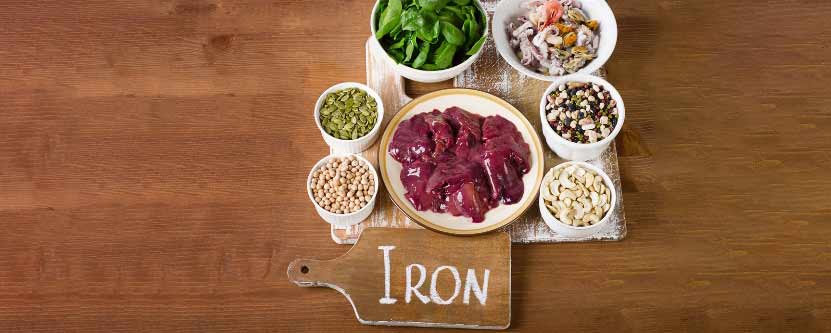Iron Deficiency Anemia
Anemia is a condition that results from not having enough red blood cells or hemoglobin in your blood. Hemoglobin is a protein that helps
[the_ad id=”6082″]
to transport oxygen. Iron deficiency anemia is the most common type of anemia.
In India, about 55% of women and 24% of men aged between 15 and 49 years have anemia. However, iron deficiency anemia is more common in women. Mild anemia, another type of anemia, can occur in anyone.
Who is at risk for anemia?
While mild anemia can occur in anyone, women during their menstrual periods, pregnancy, and those who donate blood frequently are at a higher risk for anemia. Infants, small children, and teenagers are also at an increased risk for anemia.
What are the symptoms of anemia?
Patients with mild iron deficiency anemia do not exhibit any symptoms. However, as the condition progresses, patients will start noticing symptoms such as fatigue, weakness, sallow or pale skin, dizziness, headache, shortness of breath, pica (craving for ice or other non-food items such as paper). If you think you have any of these symptoms, talk your doctor soon.
What causes iron deficiency anemia?
Causes for iron-deficiency anemia include loss of iron through bleeding, increased need for iron during pregnancy, inadequate consumption of iron through food, and difficulty in absorbing iron.
Do I need to test for anemia?
If you have heavy menstrual periods or disorders such as Crohn’s or Celiac disease, make sure to get a routine examination, which includes a blood test for anemia.
How is anemia treated?
Treatment depends on the type and cause of anemia.
- Digestive system problem: The doctor will prescribe medications to treat conditions such as bleeding ulcers or polyps (which may also require surgery).
- Blood loss from heavy menstruation: The doctor may prescribe you hormonal birth control pills for your bleeding. If the bleeding still does not subside, the physician may recommend surgery (removal of the uterus) to ensure that the problem does not persist.
- Increased need for iron: You may be prescribed iron supplements. Most commonly, along with taking iron supplements, you must eat food that is rich in iron. Good sources of iron are green leafy vegetables, fish, meat, eggs, and fortified cereal. You will also be required to eat food rich in vitamin C such as citrus fruits, broccoli, and tomatoes. More severe types of anemia would require blood transfusions.
Source:

